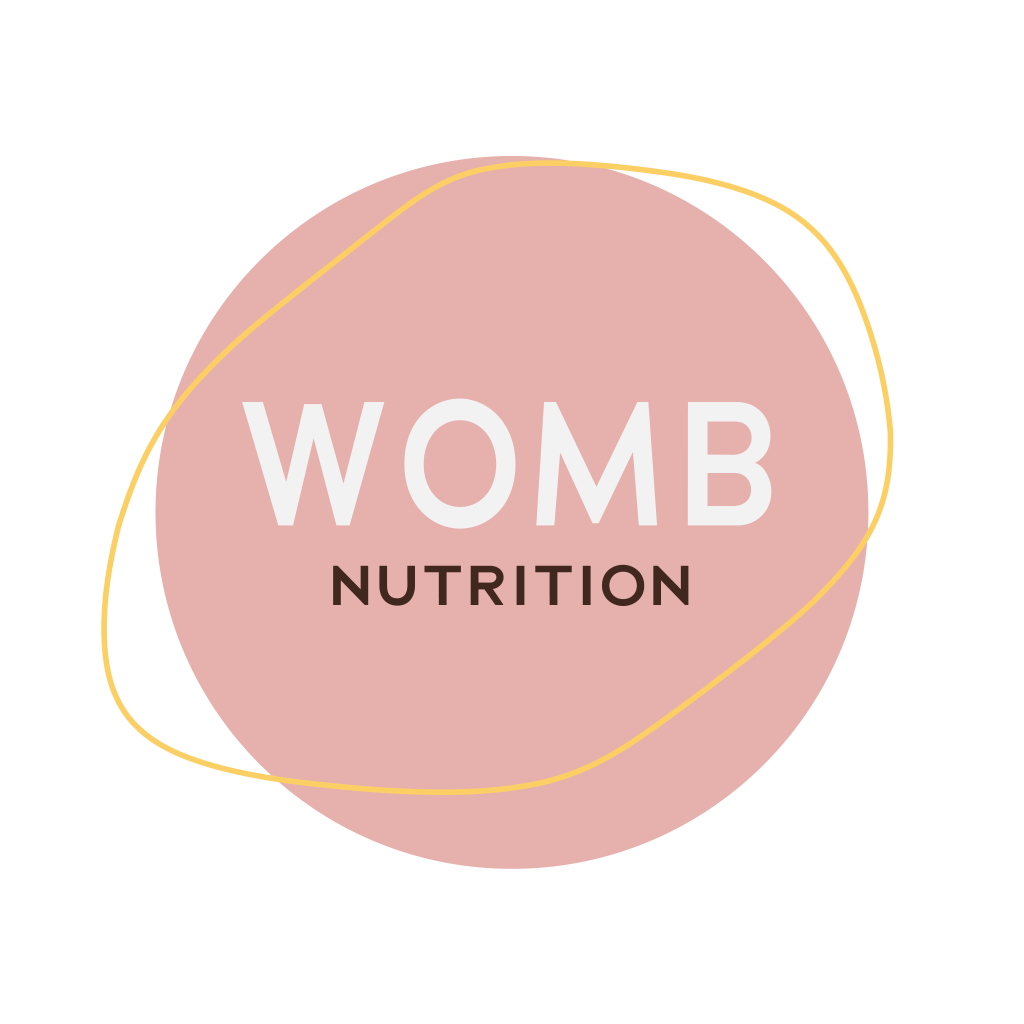Nearly all obstetricians routinely prescribe prenatal vitamins to pregnant women during their first prenatal visit. And if a hundred women go to the same doctor, they’ll all receive the same type of prenatal, regardless of their diet.
“What prenatal vitamin do you recommend?” is one of the most frequent questions I receive. And even though I can’t recommend a specific supplement to someone I know nothing about, there are some general guidelines that can support anyone:
- First things first! Prenatal vitamins should be taken as a supplement and not to replace nutrient-rich foods.
- Despite popularly being called prenatal vitamins, it’s also recommended to take them before conception, and especially to continue after birth.
- The nutrient quantities listed in your prenatals are usually enough to maintain adequate levels during pregnancy, but might not be enough to tackle any deficiencies (e.g., iron, B12, D3, etc.). If your blood tests indicate a deficiency, it’s recommended you talk to a professional.
- It’s recommended you opt for a whole-foods source rather than a synthetic one, which will be most often prescribed by your doctor. For example, choose folate instead of folic acid! Whole-foods prenatal vitamins will be sourced from (preferably organic) various vegetables, fruits, and herbs and will be absorbed and utilized more efficiently by your body.
- Go for capsules or tablets, but you can also consider a powder form if nausea kicks in after swallowing (especially during the first trimester).
It’s interesting to know that “one-a-day” forms are not necessarily the most efficient in terms of absorption efficiency. And that’s because these pills are highly concentrated and usually packed more firmly, they’re a bit harder to digest and absorb. If you’re forgetful and even have trouble remembering to take one every day though, it’s better not to make it even harder. I actually started with a three-a-day form and switched to a one-a-day after 3 months for convenience reasons. Remembering to take my daily supplements is not one of my key strengths.
As usual, if any questions, hit me up in the comments below.
Corina

Hello Corina,
If the doctor did not recommend any supplement while preparing for pregnacy (FIV) should I be worried?
Thank you!
Andreea
Supplements can help in many ways, especially if choosing the right ones for your individual needs. Usually, an individual assessment is needed in order to say whether you need a supplement and what kind / which quantity. Prenatal vitamins are a more of a one-size-fit-all option and I generally recommend all my clients take a high-quality complex when TTC.